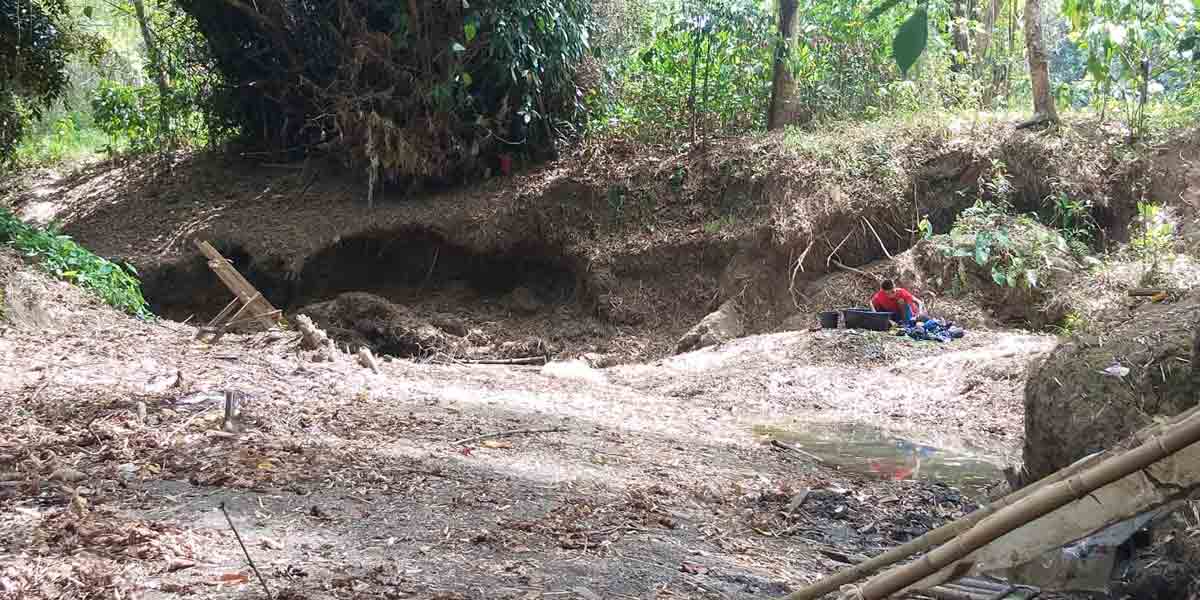By Artchil B. Fernandez
The Senate hastily passed Senate Bill (SB) No. 2020 this week creating the Maharlika Investment Fund (MIF). Rush approval of the measure came after Bongbong Marcos (BMM) certified the bill as urgent. Congress adjourned sine die last June 2 and only BBM’s arm twisting move made SB 2020 hurdle the deadline.
Similar measure was passed by the Lower House on December 12, 2022 in a speedy manner, just 17 days. To cut the lengthy process in the bicameral committee that usually reconciles the Senate and House versions of a measure, Congress simply adopted the Senate version the day after SB 2020 was approved. With the House accepting the Senate version, only the signature of BBM is needed to make MIF a reality.
MIF is the country’s first sovereign fund. Chief proponents of the fund are BBM’s son, his Speaker cousin, and the Speaker’s wife. Obviously, the creation of MIF is a Marcos family project. As brainchild of the Marcoses, MIF is highly suspicious.
Proponents of the MIF trumpeted the supposed benefits of having a sovereign fund. The fund will be a long-term source of income for the government thus easing the burden on the national budget they claimed. Monetary yield from the fund will be used to finance priority projects of the government and will provide additional money for social services.
To assuage the fear of the critics of MIF, the Senate version explicitly prohibits the Social Security System (SSS), Government Service Insurance System (GSIS), Philippine Health Insurance Corp., Home Development Mutual Fund, Overseas Workers Welfare Administration, and Philippine Veterans Affairs Office from investing in the fund. In the original bill, these financial institutions are the chief sources of MIF fund. In the final version, funding for MIF will come from Land Bank of the Philippines, the Development Bank of the Philippines, privatization proceeds, the Philippine Amusement and Gaming Corporation, and Bangko Sentral ng Pilipinas dividends.
Despite the sweetener provided by the amendments, the creation of MIF is fundamentally wrong. MIF is a sovereign wealth fund (SWF). SWF is usually established when there is surplus of fund or abundant excess of fund or huge income from in-demand commodities. Norway has the largest sovereign wealth fund in world and set up the Norwegian Government Pension Fund from oil and gas revenues.
The basis of establishing a sovereign wealth fund is absent in the case of the Philippines. There is no surplus of fund, no abundant excess of fund, no huge income from in-demand commodities. Instead of surplus, Philippines has deficit. The current debt of the country is 13.91 trillion pesos as of April, 2023. The average annual fiscal deficit of the country is 652.7 billion pesos data from Senate Economic Planning Office reveal. Instead of surplus, Philippines is in dire need of fund.
“With no surplus from oil discovery or trade activities and no windfall profit of any kind, the Philippines has no justifiable reason to form and enter into the world of sovereign wealth funds and investment funds,” Senate Minority Leader Aquilino “Koko” Pimentel III decried. “I have come to the conclusion that the overall risk is too great that it outweighs whatever the potential benefits of the measure are, if there [are] any at all” he objected. He also exposed the duplicity of the MIF in relation to the pension funds.
Pimentel cited the “clever maneuver” of those pushing the bill “when they took out the provision requiring the pension institutions from the original bill but inserted a substitute provision allowing voluntary investment.” In short the money of pensioners is not safe since the boards of SSS and GSIS can still opt to invest in MIF. “It’s a decision of the board, that’s why there are boards, right?” Finance Secretary Benjamin Diokno wryly justified the duplicitous changes.
It is plainly clear the funding for MIF will come from the government and its financial institutions. This makes MIF a financial poison. Creation of MIF is foolish and financially suicidal.
The establishment of MIF is similar to the situation of a starving person short of money to buy food. Instead of using the meager money to buy food, the starving person invests the food budget hoping it will yield good dividend. What happens when the investment goes awry?
It is not surprising the standard practice in creating a SWF is the use of surplus or excess fund not the principal budget of the country. In case of investment loss, the main budget is unaffected. But to put the current budget of the country which is already insufficient in risky invests is not only risky but crazy and insane.
Investments involve risk and not every investment gives plentiful and handsome return. Last year, Norway’s sovereign wealth fund lost a staggering $174 billion while Temasek of Singapore had to write off $275 million when its investment in FTX, the world’s third-largest cryptocurrency exchange flopped.
Proponents of MIF are only talking of its rosy aspects, the promised financial yields and returns but deliberately obscure and ignore the risks and dangers of such venture. They only speak about the paradise of sovereign wealth fund, but gloss over its downside, the hell it might bring when investments flop.
It must not be forgotten that what the current administration will use is not excess or surplus fund but the current inadequate budget of the government in the investment scheme. If the investment crash, the Filipino people especially the poor will suffer since budget that should go to health, education, and social services will be greatly affected.
The Maharlika Investment Fund is a financial poison, a financial time bomb.









